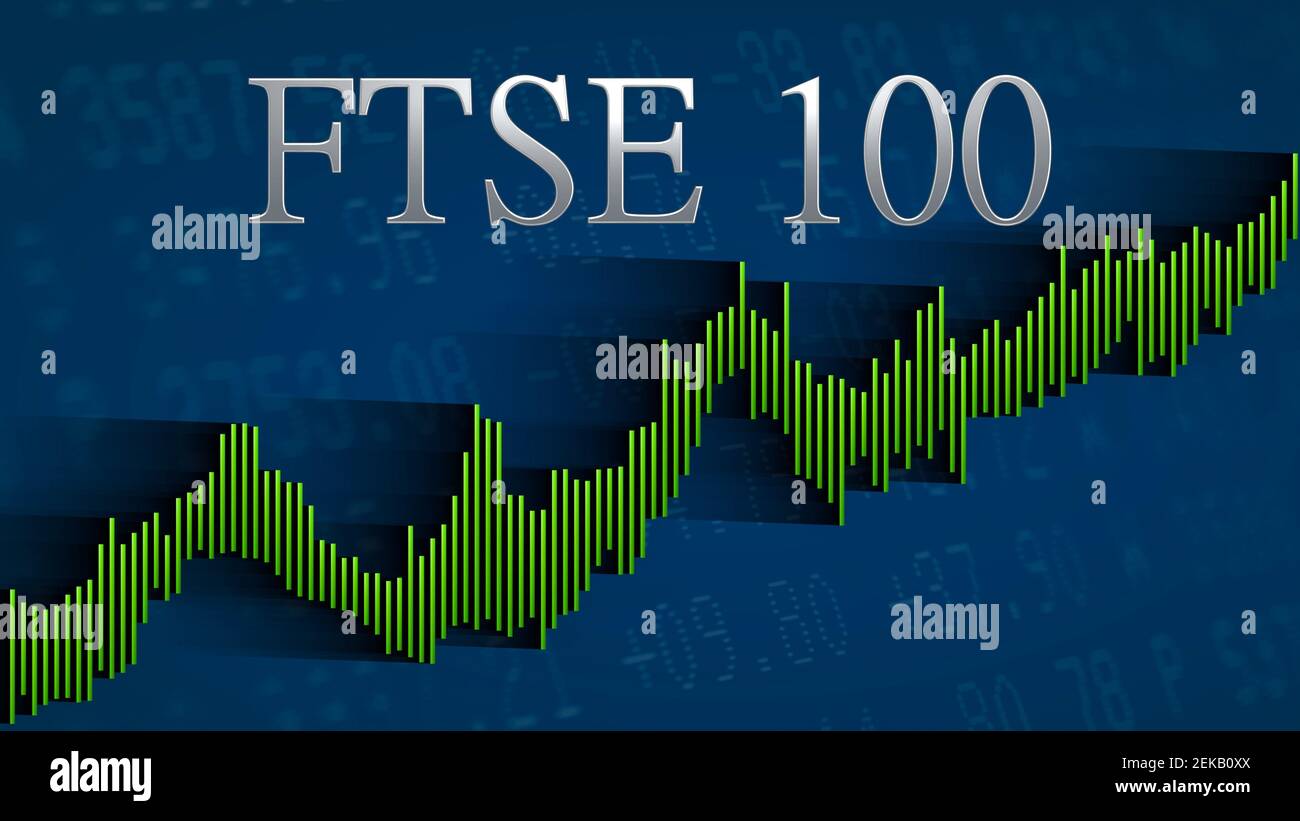
By Antonio Ernesto
At the market opening this week, on October 13, 2024, oil prices dropped by more than 1.5% due to concerns triggered by disappointing inflation data from China and the lack of clarity in its economic stimulus plans. China, the world’s largest oil importer, is a critical player in the global energy market, and any changes in its economy significantly impact crude demand. The recent deflation in the Asian country has caused unease in international markets, suggesting a weakening economic growth and a potential decline in oil import needs.
Despite geopolitical tensions in the Middle East, particularly concerns about a possible escalation of the conflict between Israel and Iran, economic data from China has dominated the market. The conflict in this key oil-producing region could affect global supply if hostilities intensify. However, uncertainty over China’s economic future has had a greater influence on investor decisions, with more focus on signs of economic weakness from the world’s largest oil consumer.
The low economic growth in China and the insufficiency of its fiscal stimuli have generated skepticism about its economic recovery. The Chinese government’s economic policies have failed to dispel market doubts, as more substantial measures were expected to stimulate growth. As a result, the lack of confidence in China’s ability to boost its economy has led to a projected decrease in oil demand, negatively impacting crude prices in international markets.
In this context, the relationship between oil demand and the Chinese economy becomes more evident. Analysts are closely monitoring China’s economic decisions, as any sign of revival or stagnation in its economy could directly impact oil prices. While tensions in the Middle East pose a latent risk to supply, it is the Chinese economy and its policies that, in the short term, appear to be dictating the direction of crude prices.
In conclusion, the fall in oil prices reflects growing uncertainty around China’s economy and its ability to stimulate growth. Despite geopolitical concerns in the Middle East, the lack of clarity in China’s stimulus plans and deflationary inflation data have dominated market decisions. The evolution of China’s economy will be a crucial factor to watch, as any significant change in its economic policy could soon influence demand and crude prices.
- Giacom is a Senior Market Analyst at XS.com













